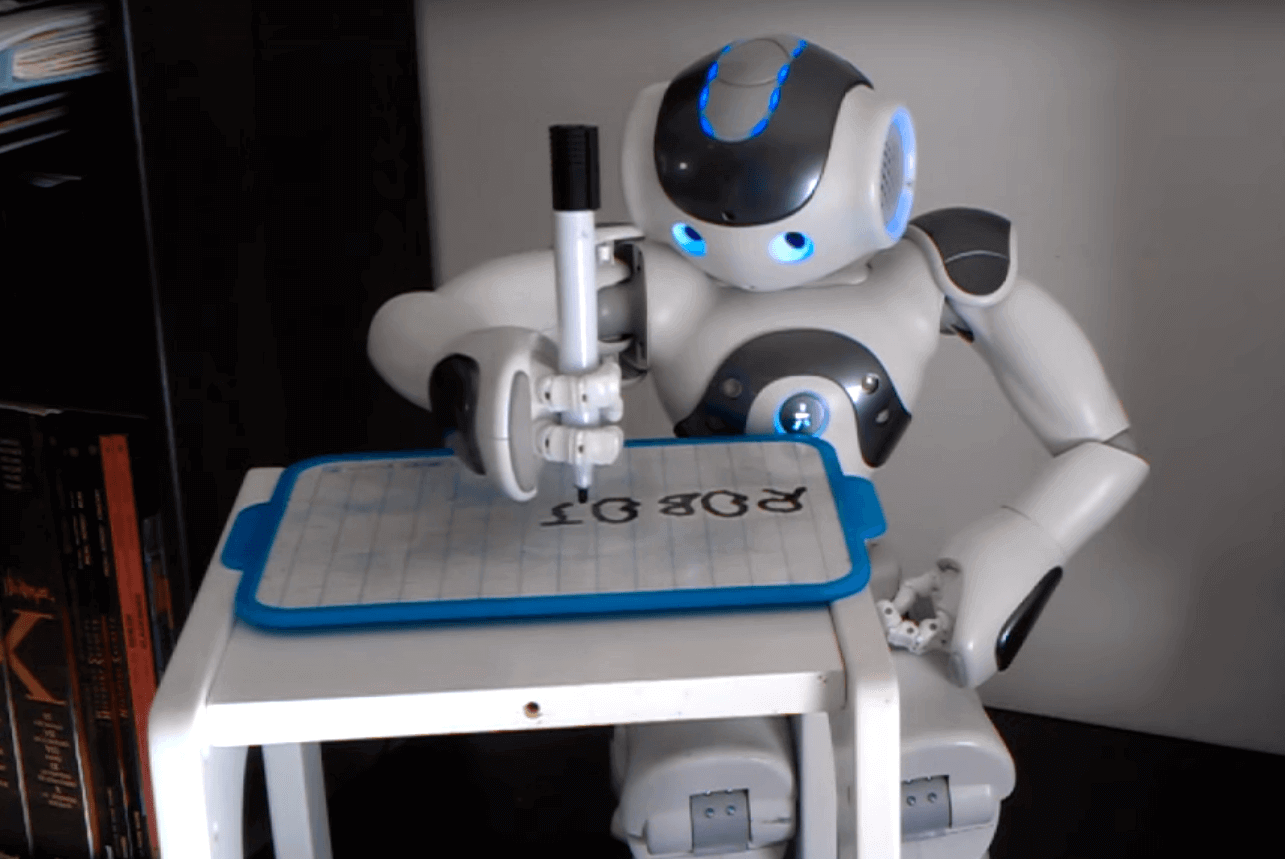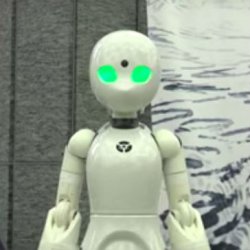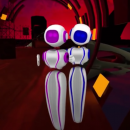Robot Sex Writers: Computer-Generated Erotica Is Becoming Popular
Could the future of erotic literature be bots?

In a world where IBM’s Watson can reputedly make a thematic analysis of the songs of Bob Dylan, we may need to begin taking the idea of artificial creativity seriously. Computer-generated erotic literature is already starting to appear and will likely become more common as artificial intelligence (AI) becomes more sophisticated.
The dream of the writing machine goes back a long way, at least as far back as the 18th century, when Jaquet Droz created his incredible writing automaton. The clockwork boy could write several different pre-programmed phrases and was designed in keeping with the ideal of passionate, creative artificial writing.
The little boy can write different phrases, and was sometimes programmed to write “cogito ergo sum” (“I think, therefore I am”), poking fun at Descartes’s famous statement with a simulation of creativity in a machine.
For most of the modern European philosophical traditions, the phenomenon of creativity has been strongly associated with the subjectivity of human beings. The act of writing in machines is, therefore, something that interrogates our deeply held beliefs of what it means to be human.
Even recent researchers into Natural Language Processing (NLP) argue for caution in this matter, such as Winograd and Flores in Understanding Computers and Cognition:
If I write something and mail it to you, you are not tempted to see the paper as exhibiting language behavior. It is a medium through which you and I interact. If I write a complex computer program that responds to things you type, the situation is still the same – the program is still a medium through which my commitments to you are conveyed.
Attempts at computer-generated erotic literature
More recently, the idea of a writing machine has started to move out of the realms of science fiction. AI is already used to create news stories (although it is not without limitations) and projects like NaNoGenMo have begun to popularize the practice of using code to generate creative projects.
The results are frequently bizarre, and often strangely compelling, such as this “Existential Erotica” by code created by Agrajag Petunia:
Yet oh! what delicious orgies every Sunday afternoon, until the final ecstasy; he was so tight and warm bodies, reached her pretty hairy bijou inflamed me beyond all bounds.
She created the text from different romantic and existentialist novels from Project Gutenberg. In the creator’s own words, it “is mostly unreadable, but occasionally has amusing sentences.
At present, computer-created erotica is more of a novelty than a serious endeavor. Take the Fifty Shades Generator. This website creates original (and ridiculous) erotic fiction using text from the real book series. For example, when I used it I got:
If I don’t study english cliterature to get my vertical moisture leaking from my meat purse, his thrill drill is going to leave my panty hamster resembling a hippo’s yawn. The raiding makes me gush my spaff all over his blood-engorged mayonnaise cannon. By now, my enchilada of love was oozing like someone had poured fairy liquid into Niagara Falls.
The code for this project is available on the website. Erotic literature bots are increasingly popular, especially Twitter bots. Aside from the impressive penetration and absurd pseudo-humanity of some pornbots, there are many bots that juxtapose erotic content with random, sometimes hilarious, text and images. @desires_exe is one such bot, still in the 50 Shades of Grey vein, that creates image mash-ups of content from the movie with random images from the internet.
My desires are… Unconventional pic.twitter.com/wGJtV0QN8m
— UnconventionalDesire (@desires_exe) July 31, 2016
There are also some interesting slash accounts, such as @exoslash that combines exoplanet dinosaur tweets with erotica.
Is it real creativity?
In recounting her creation of an erotica bot, Daniela Hernandez mentions the danger of using input created by human authors who may (or may not) be able to claim that the finished product is plagiarism.
If computers do not have any real creative capability, then the credit should go to the authors of the texts used to generate the finished product. Therefore, the question of a computer’s creative ability is legally relevant. In his book Robots are People Too, John Frank Weaver discusses the possibility that AI creativity might result in a change to our intellectual property laws. But he acknowledges that since the human inventors put so much more time into the project than the computer, they should retain rights to the computer’s output. After ten years the work should enter the public domain.
This implies a shared creativity that reflects the power of AI to impress us with its ability to use language in novel ways. Conversational bots tend to rely on a familiar crutch of language-using AI agents, that is, they depend upon the odd and unexpected to give the appearance of human-like creativity. A famous example from the early days of AI is the ELIZA program developed by Joseph Weizenbaum between 1964 and 1966.
ELIZA’s DOCTOR script took on the role of a Rogerian psychotherapist, and was capable of asking questions and “listening”. The success of ELIZA lay in its ability to pick out apparently meaningful words. Ultimately, the program did not use language successfully, delivering sometimes baffling non-sequiturs. But because it was framed as a psychotherapist those non-sequiturs could easily be mistaken for uncanny insight.
The same is true of modern generators of erotic literature. When framed successfully as creative or transgressive, the erotic bot can appear to possess real human-like language skills. It is easy to see how “enchilada of love” could appear so innovative that the AI agent appears to be more intelligent than it really is.
Perhaps there is no hurry to force computers to think the way that human authors do. The efforts of our modern, stupid AI are confusing but also fresh and novel. There may be potential for AI agents to create erotic literature that transcends the predictable plot devices so beloved by human writers, and to inspire new ways of talking about sex and love.
Image source: franck calzada
Leave a reply
You must be logged in to post a comment.
















